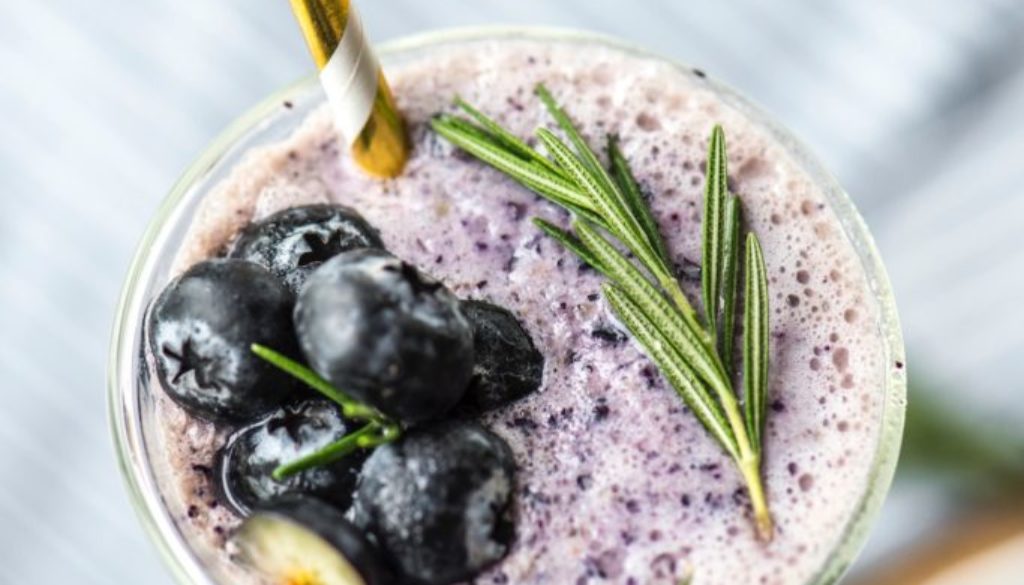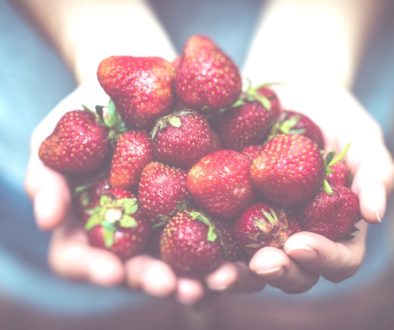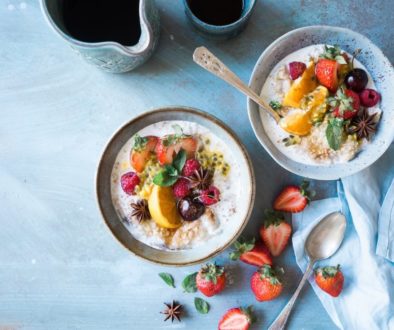Mind Matters: Juice your way to better health

With juice bars opening up on every block, many people are wondering what the health hype over fresh juice is all about.
Integrative nutritionists claim it’s been linked to weight loss, increased energy, reduced risk of heart disease, improved overall health, even a glowing complexion. Fresh juice is packed with liquid life; it contains the vitamins, plant nutrients and minerals that prevent chronic disease.
So, whether you’re into carrot juice infused with paprika, detoxifying green juice, or beets to boost your betalains (a powerful antioxidant), there’s a ton of support for juicing it up.
How it works: While juicing isn’t necessarily better than eating whole fruits and vegetables, it does allow you to consume larger amounts in one sitting. With so many of us struggling to meet the daily requirements of six to eight servings, juicing is an effective way to counterbalance a day when you haven’t been able to fit in those essential foods. Ryan Slater, co-owner of Vancouver’s Juice Trucksays, “certain juiced fruits and vegetables have higher phytochemical levels and antioxidant capacities than blended forms of them.” And, “when fibre is broken down and removed during the juicing process, digestion becomes a lot easier on the body.”
Getting started: When choosing your fruits and veggies for juicing, make organic a priority. Organic farming methods minimize the toxins in the soil, ramping up antioxidant impact along with flavour. If you’re juicing at home, there are many non-commercial products that produce high-quality juice while keeping costs low. Slater likes to use a combination of fibrous leafy greens like kale or spinach, followed by vegetables with higher liquid content, such as cucumber and celery, cilantro or parsley for flavour, apple to add sweetness and ginger for an extra zing.
When to juice: It’s ideal to drink your juice on the same day it’s pressed. As soon as it hits the air it begins to oxidize, eroding nutritional value. And while juice quality can still be maintained when refrigerated with a sealed lid, keep in mind the longer you store it the greater the risk for developing harmful bacteria. So, whether you get it at a juice bar or make it at home, the safest rule with juicing seems to be “drink as soon as possible.” How long is too long when it comes to storage? Slater says “consume within 72 hours to reduce the risk of any microbial growth.”
Keeping sugar intake down: Straight fruit juicing means extremely high sugar intake. Slater always recommends using “only half an apple or a pear for example, to reduce the sugar content. Introduce veggies like cucumbers and celery to help cut the sugar content drastically.” Those with diabetes need to be particularly mindful, keeping a close eye on blood sugar responses and focusing on vegetable based juices.
Bolstering your fibre: Juicing extracts the juice from your fruits and vegetables, leaving you with highly concentrated nutrients. However, you lose healthy fibre in the process. Slater tells us this can be remedied by simply combining your juice with a teaspoon of chia seeds or using the fibre waste in healthy baked goods.
Making it through a cleanse: Juice cleanses can help break the cycle of dependence on foods that are hijacking our health. Designed to rest and repair your body, juice cleanses flood the body with super nutrition, bolster hydration, reduce free radicals and inflammation, and heal the gut by supporting an ecosystem of healthy microbiome balance. From there you can move toward changing eating patterns, redefining the role in your diet of refined carbohydrates, processed foods, saturated fats, refined sugar and caffeine and alcohol. But cutting out the foods we crave most can be tough, especially for coffee drinkers. For this, Slater offers a final tip: “A little bit of espresso is better during the cleanse than a full cup of coffee.” Armed with some knowledge, and the fact that juicing will enhance your overall approach to foods in a healthy way, the next steps can be relatively easy and highly beneficial, both today and in the long term.



